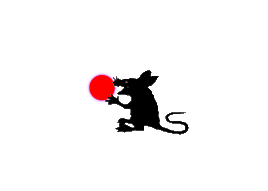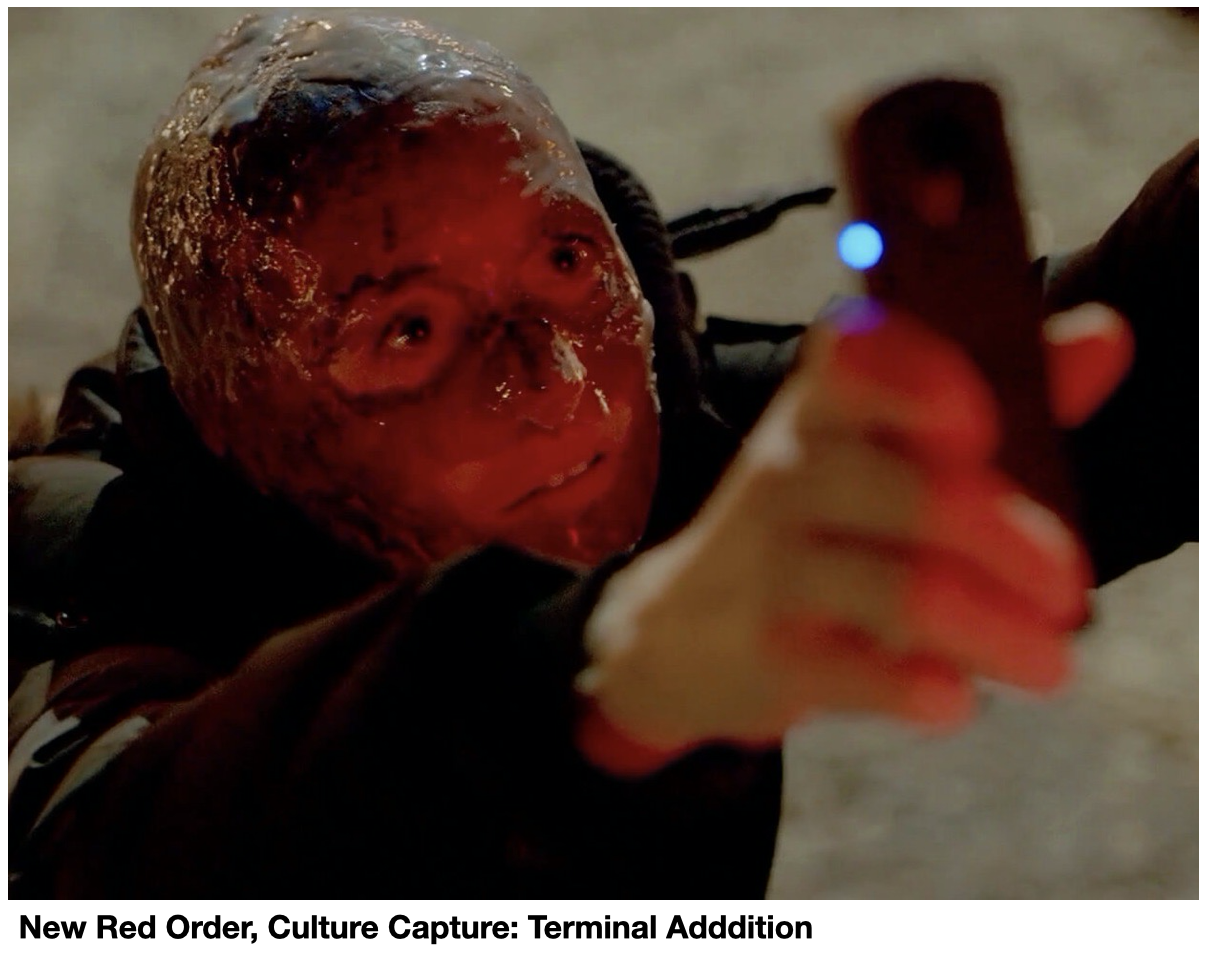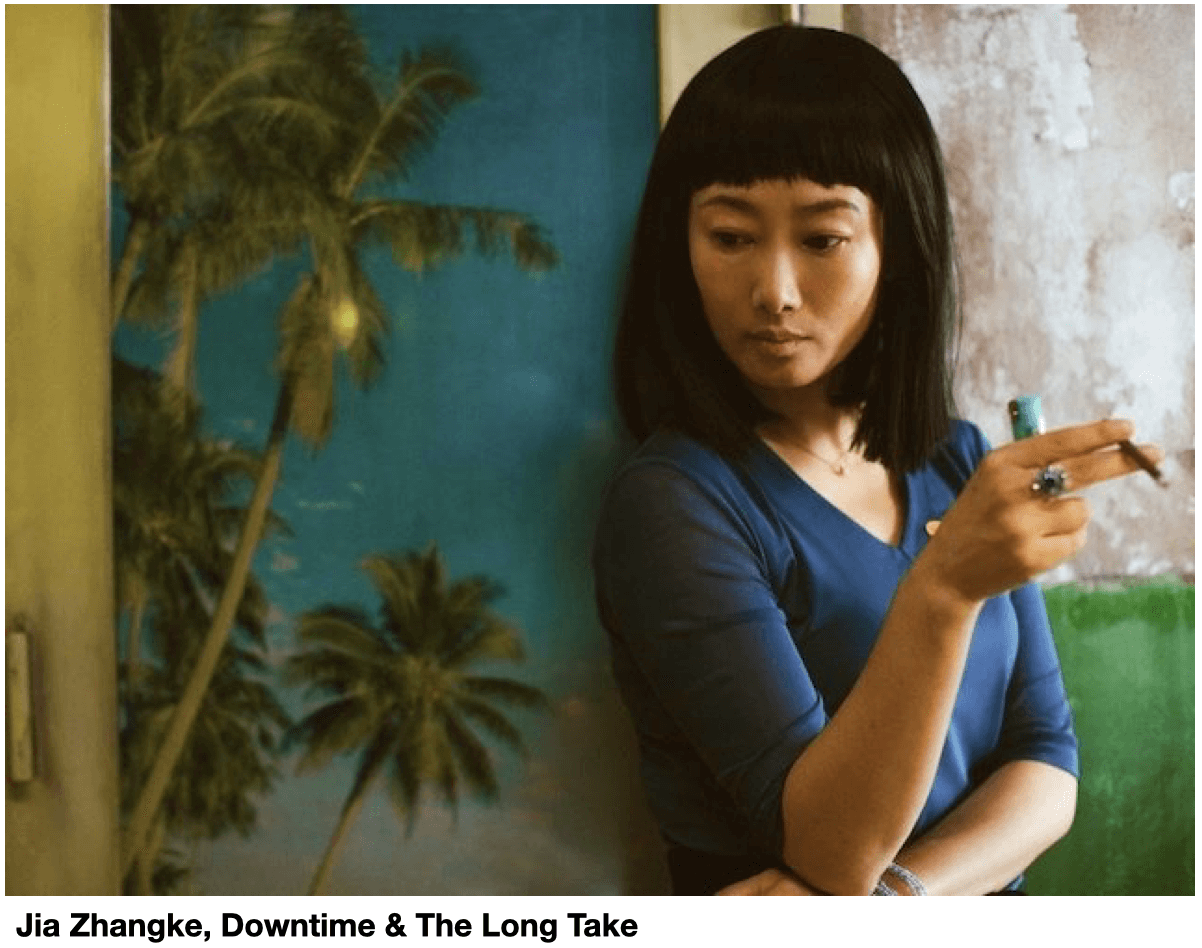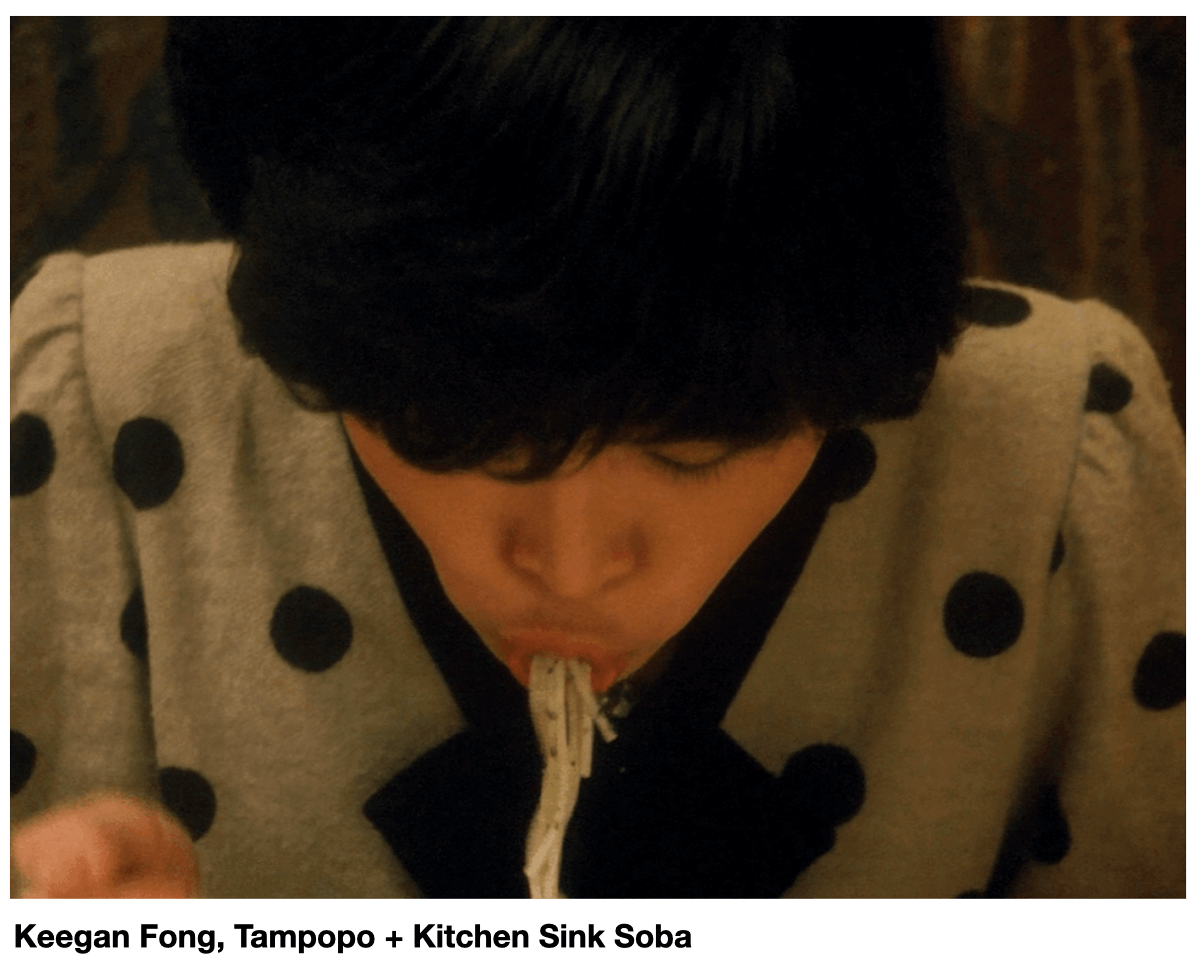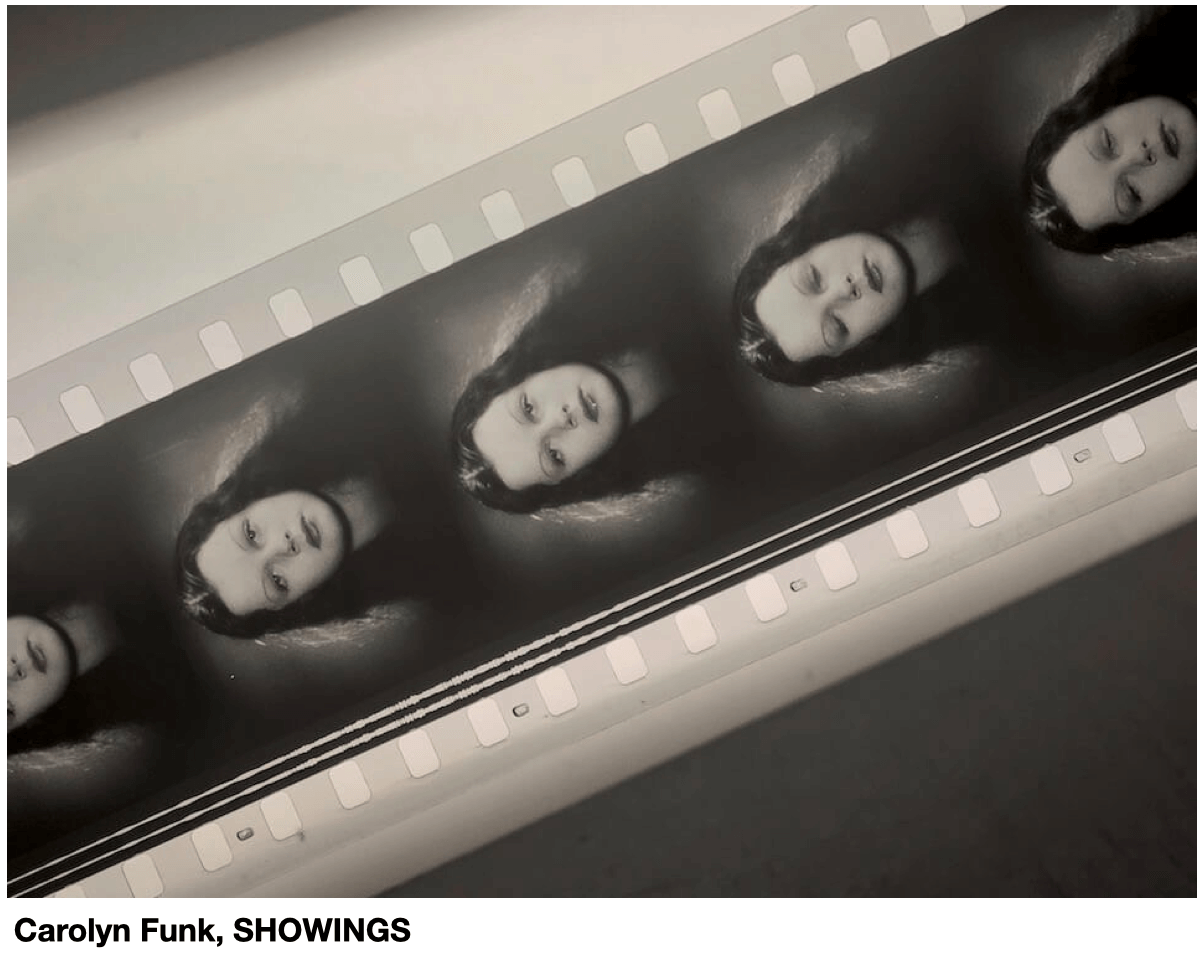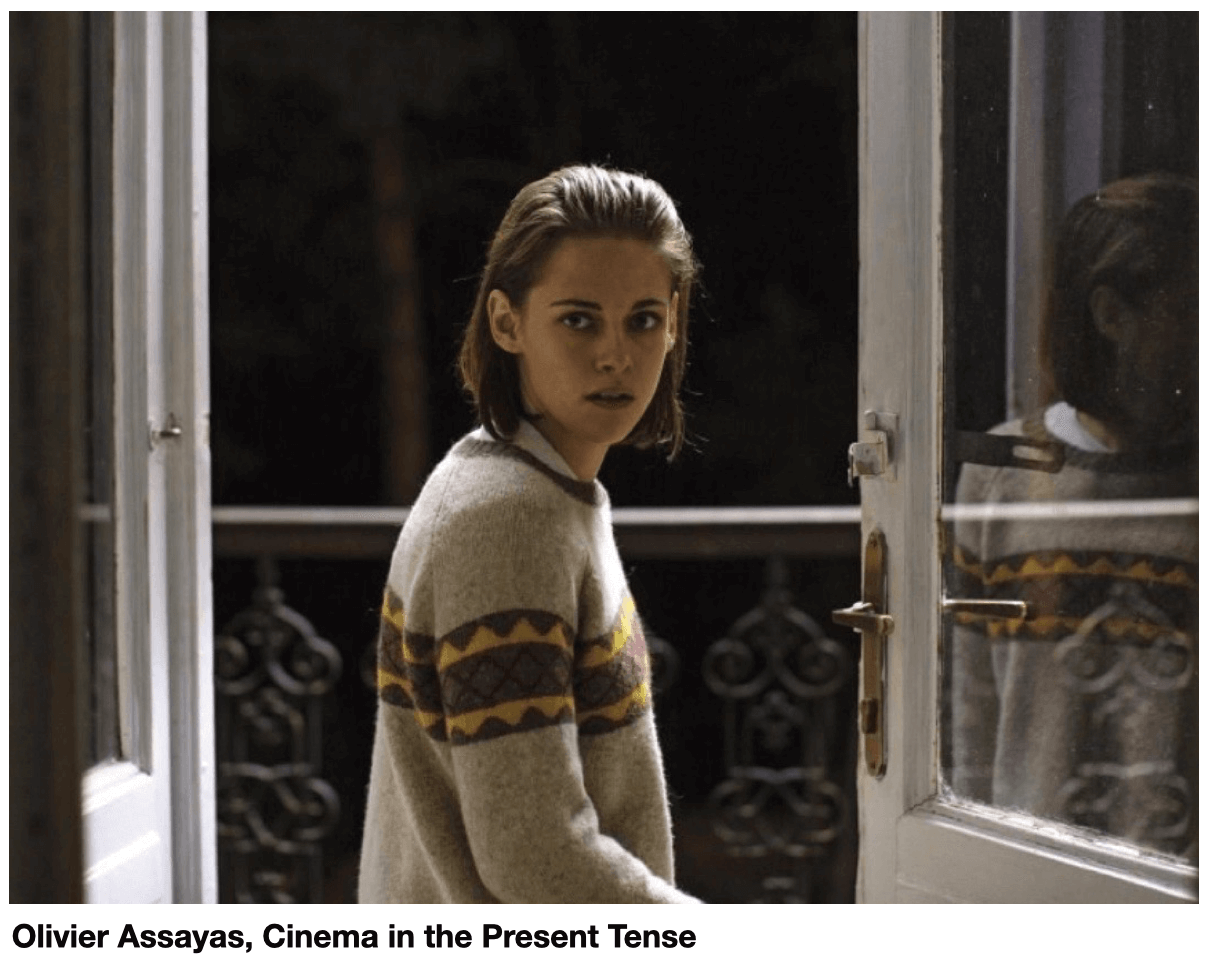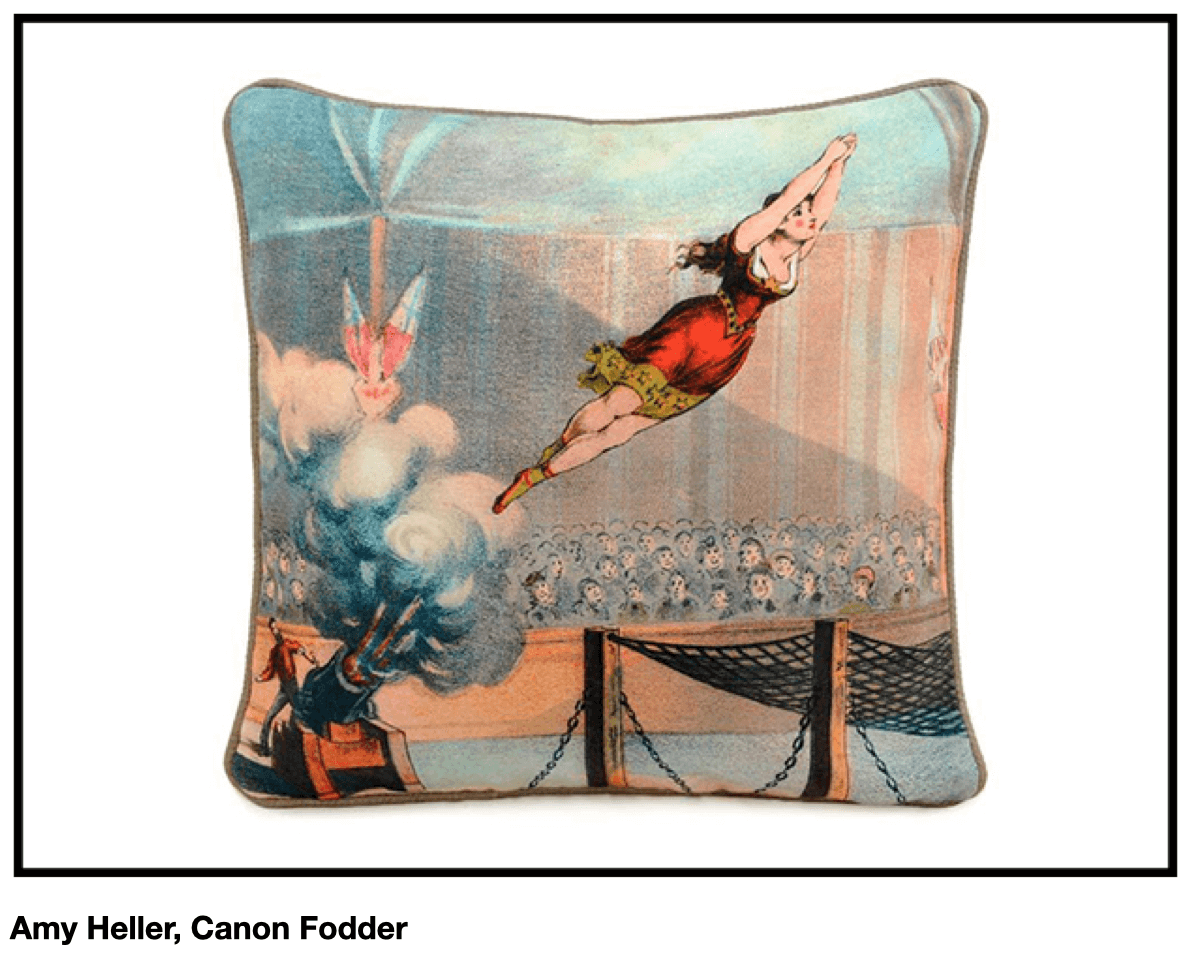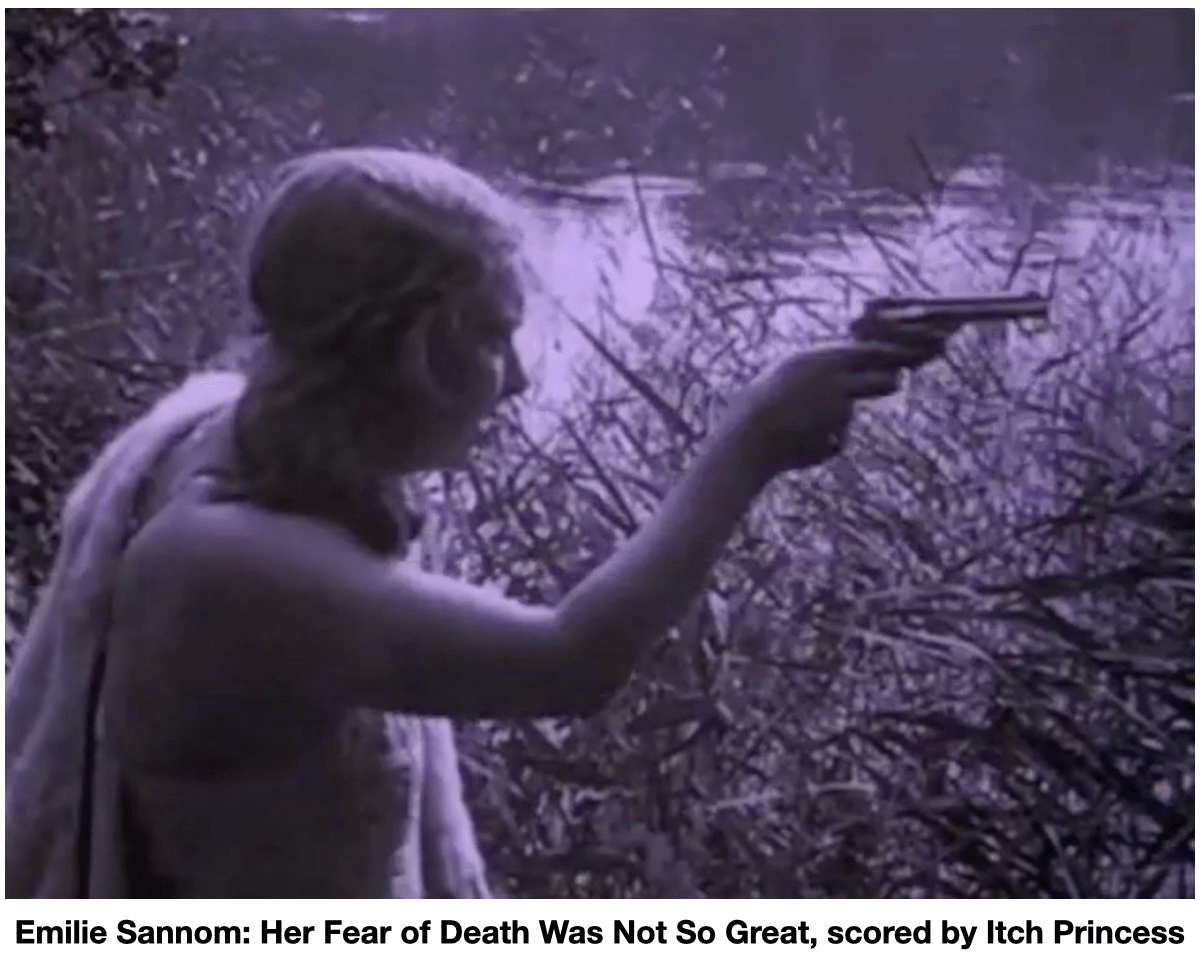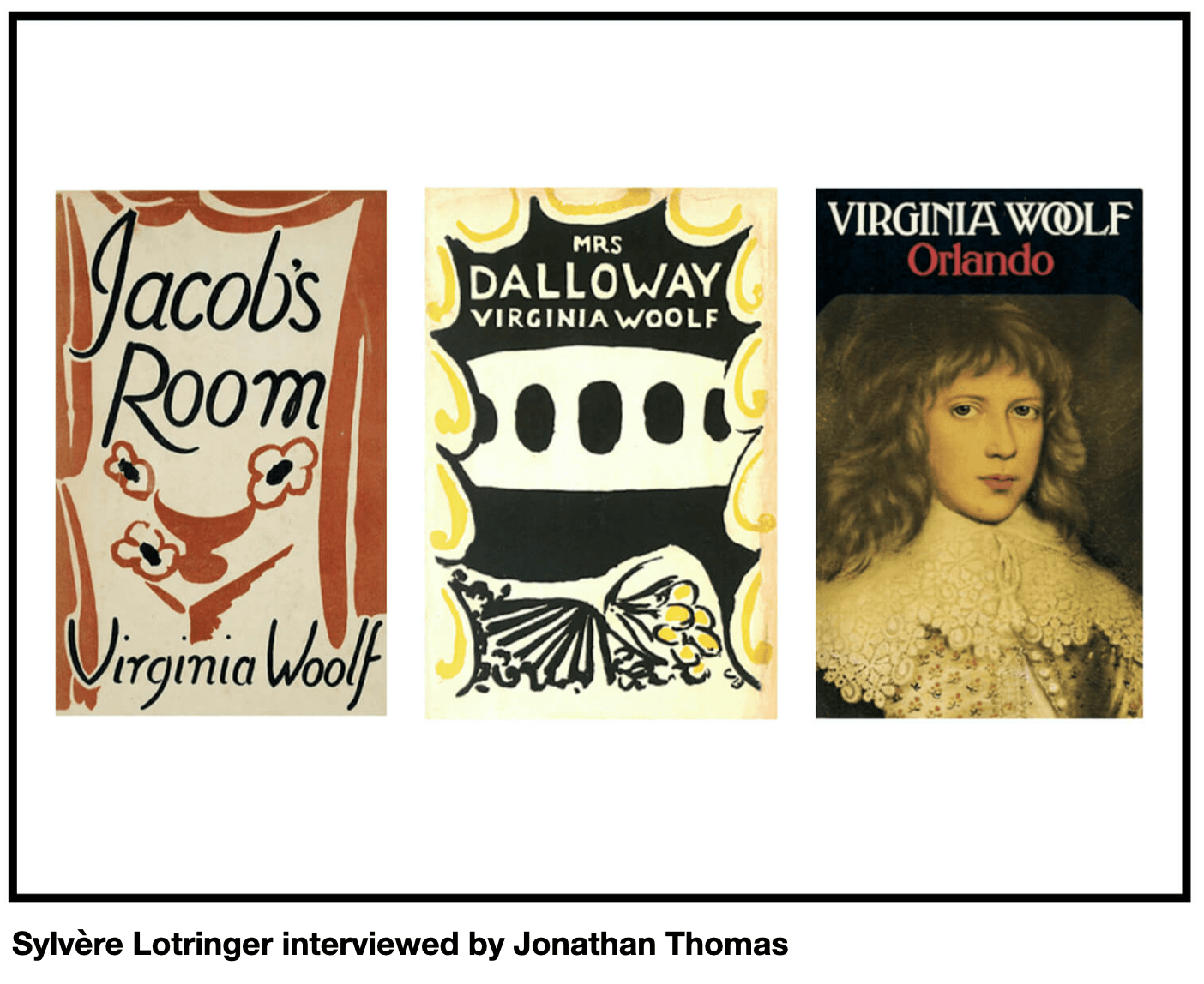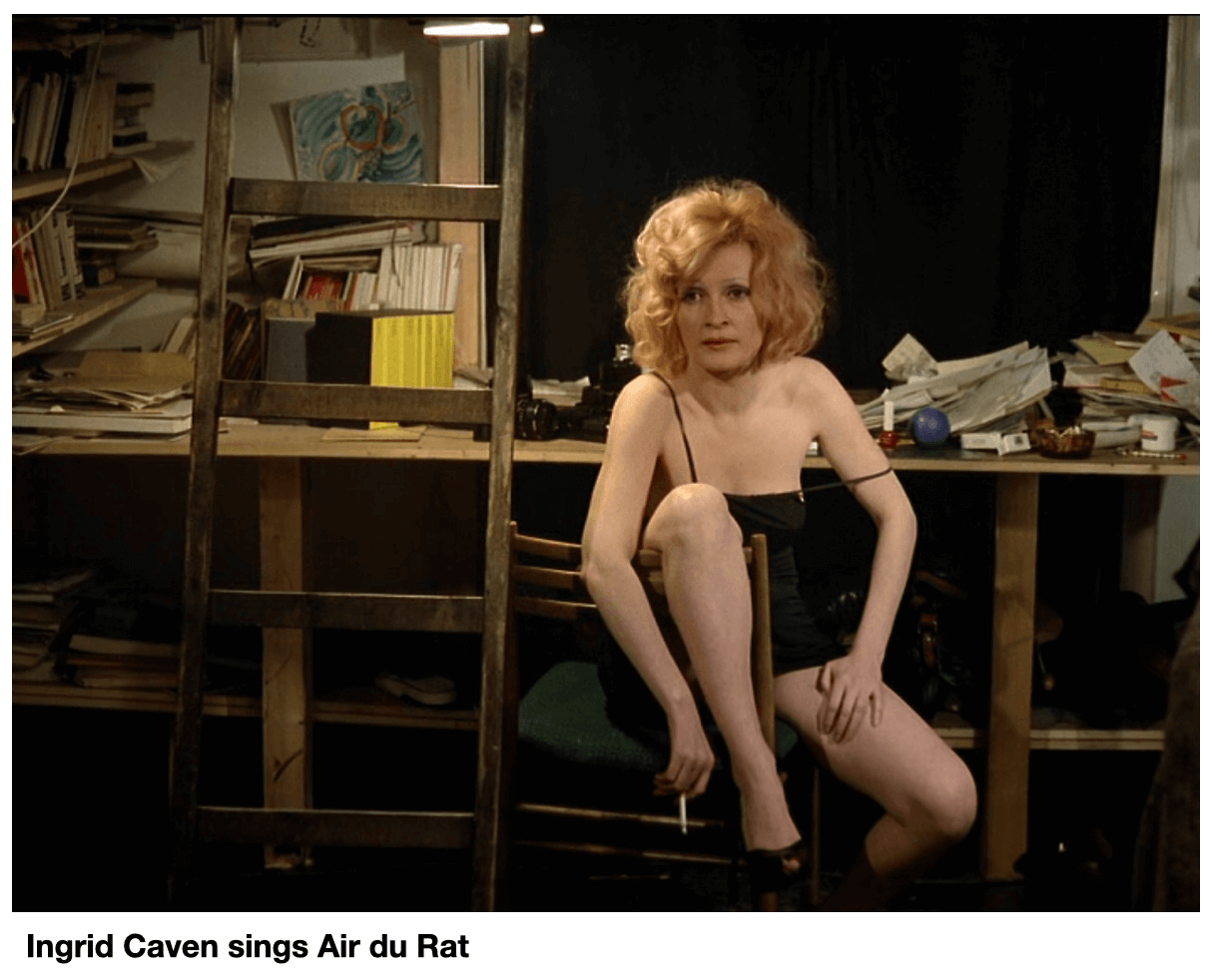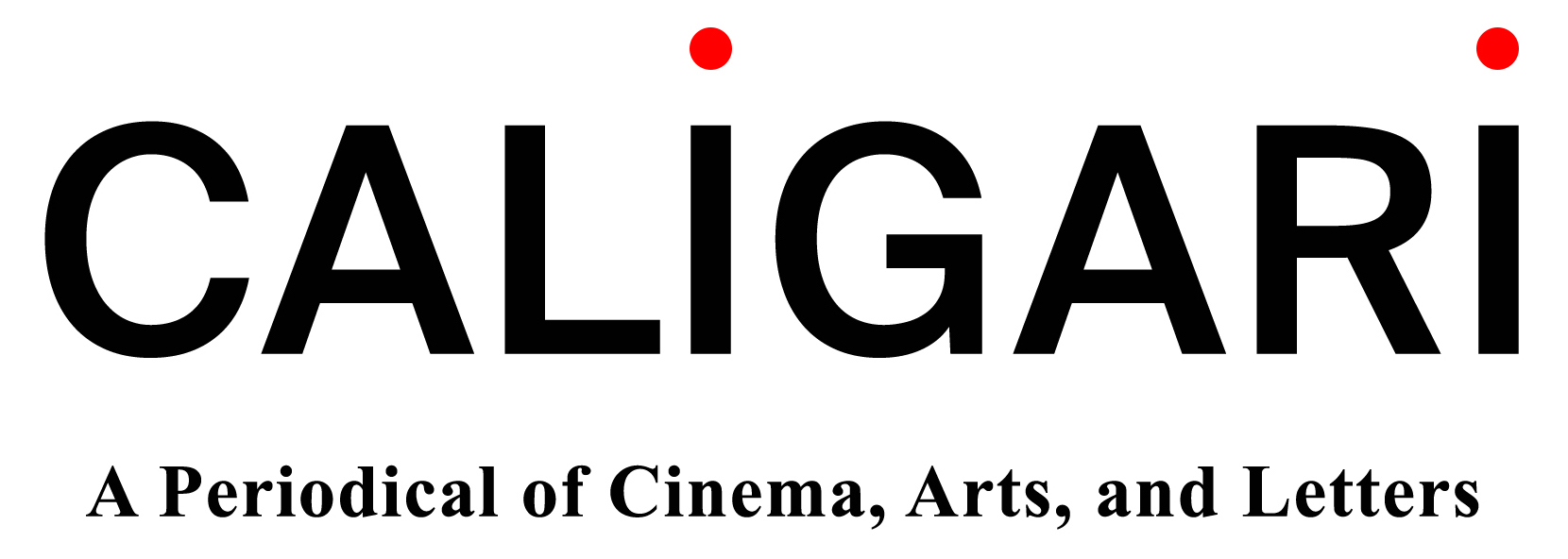Jia Zhangke
Downtime & The Long Take

In my opinion there are really two essential elements to cinema. There is the idea of space, and the idea of time.
You need time in order to tell a narrative properly so that storytelling can unfold. The reason I like using long takes is because long takes unfold in a naturalistic manner and feel complete. There is no interruption. There is a certain sense of objectivity that is achieved through the use of long takes; audiences watching the film can participate in the unfolding of time and decide for themselves what to look at. This is very different from a more subjective directorial vision that often characterizes cinema.
But I also prefer the long take because I like representing useless time, time when nothing is happening. So often, in cinema, “time is of the essence.” Filmmakers have to work within time limits and usually tell stories using the most efficient means possible because they want to get to a certain plot point, or to the end of a story. But in real life, in ordinary daily life, there is a lot of downtime, useless time, time when nothing is happening. That is the reality of how people exist, and that is what I want to capture on film.
Time is a very intricate and marvelous thing and there are lots of ways you can use time to tell stories in cinema. My film Ash is Purist White, for example, is a movie that covers a span of seventeen years. You see seasons changing and years passing, but you can capture it all within two hours. Conversely, if you prefer, you can also spend a lot of time on a single take and prolong a story.
Because I prefer to use long takes, my approach to montage is not achieved through traditional means of editing. Instead I develop montage effects through the movement of the camera, the choreography, the mise-en-scène — the way you juxtapose individual characters against the larger environment that surrounds them. I like the idea of monumentalizing ordinary people in this way.
In the past, the characters we saw in mainstream cinema in China were often presented as national Heroes who embodied the values the government and politicians wanted to put forth. I want to shift the focus back to ordinary people who have no power, who have no voice; people who get sacrificed in the course of history and perish. Too often they remain anonymous, so for me, cinema is really a way of paying tribute and showing respect for these people, of memorializing them and marking their dignity through storytelling. I guess above all else I am really trying to capture what is real in contemporary life in China.
Interpreter Eugene Suen
As told to Jonathan Thomas
Visit (Jia Zhangke, 2020, China)
Commissioned by The Thessaloniki International Film Festival
Commissioned by The Thessaloniki International Film Festival
